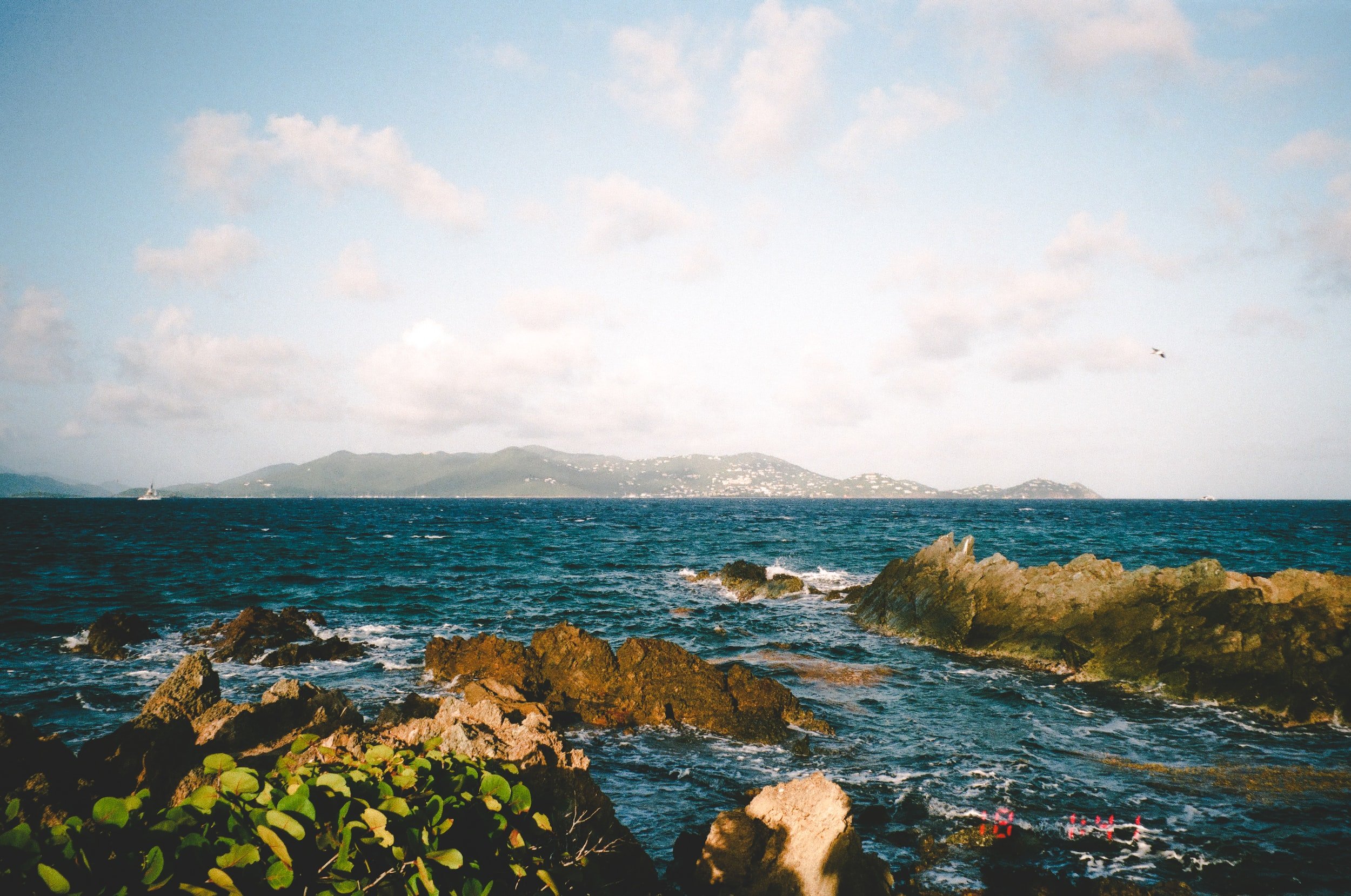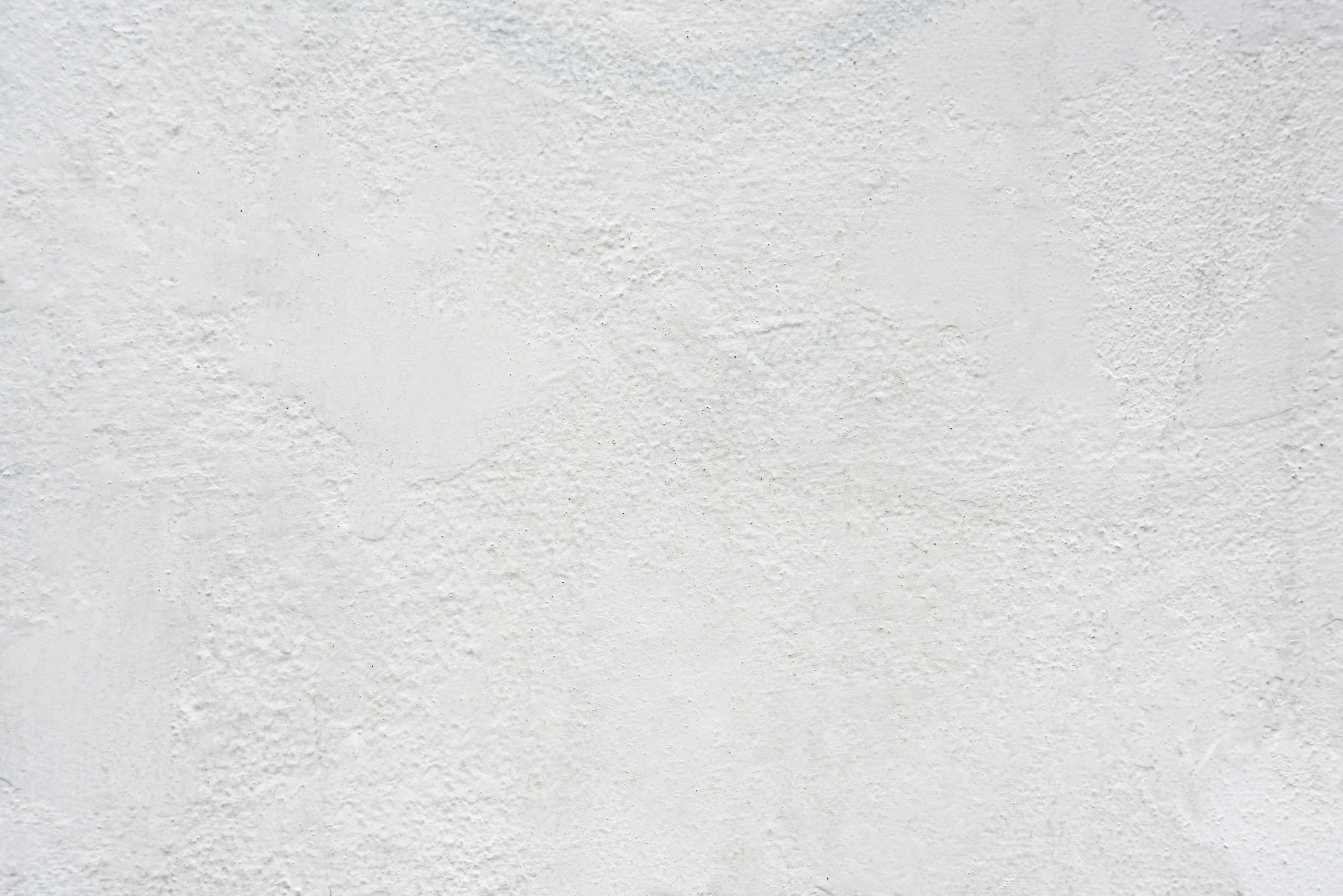Quick guide to the challenges of building in the US Virgin Islands
Building a dream home in the beautiful US Virgin Islands may seem like a tropical paradise, but it comes with its own set of unique challenges such as hurricanes and extreme humidity, sloped terrain, and strict regulations. To ensure your home can withstand the elements and meet regulations, it's important to use durable building systems like concrete, incorporate sustainable energy and water conservation methods, plan for proper water and sewage systems, and use cost-effective solutions like hip roofs and stucco finishes.
Weather and terrain challenges: The tropical climate and sloped terrain of the US Virgin Islands can make building a home challenging and costly.
Building systems: Concrete structures are the main building system used in the US Virgin Islands, due to their durability and resistance to harsh weather conditions.
Water and sewage systems: Building a home in the US Virgin Islands also requires the construction of water storage and sewage systems to comply with local regulations.
Energy and water conservation: Investing in solar panels and rainwater capture systems can help reduce energy and water costs and provide a more sustainable home.
Permits and regulations: Obtaining a coastal zone management permit and an earthworks permit and following the advice of local homeowners association is necessary for the construction of a home in the US Virgin Islands.
Obtaining a building permit: To legally construct a home in the US Virgin Islands, a building permit is required, which is granted after reviewing and approving the architectural, structural, mechanical, electrical, and plumbing (MEP) drawings of the proposed construction.
Roofing systems: Hip roofs are a more durable and affordable solution compared to flat or gable roofs.
Exterior Finishes: Stucco is the go-to finish for the exterior of a home in the US Virgin Islands.
Weather and terrain challenges
Hurricanes and extreme humidity are the main issues when building on the islands. The islands are located in a tropical climate and are susceptible to strong winds, heavy rainfall, and high humidity. These conditions can cause damage to homes if not properly designed and constructed. Most sites on the islands are also sloped, which can make construction more complicated and costly. The slope of the land can affect drainage, foundation design, and the overall stability of the structure. To mitigate these issues, it is important to work with an architect and contractor who are familiar with the weather conditions and terrain of the islands and who can design and construct a home that can withstand these conditions. Additionally, it is crucial to use high-quality building materials that can withstand harsh weather conditions, such as impact-resistant windows, reinforced roofing, and durable finishes.
Building systems
Concrete structures are the main building system used in the US Virgin Islands. This is due to their durability and resistance to harsh weather conditions. Concrete homes are known to withstand high winds, and heavy rainfall, and are resistant to termites and other pests. They are also relatively easy to construct and have affordable costs compared to other building systems. However, it is important to note that while concrete structures can be durable, they also require proper maintenance and care, such as regular cleaning and painting to prevent corrosion and maintain their aesthetic appeal.
Water and sewage systems
Building a home in the US Virgin Islands also requires the construction of water storage and sewage systems. These systems are essential for the house to function properly and are required by local authorities. Water storage systems usually include cisterns or other methods of collecting and storing water. Sewage systems will need to be designed and constructed to handle the wastewater generated by the home and comply with local regulations. It is important to note that in some areas, a septic system may be required to treat and discharge the wastewater. Additionally, it is important to properly maintain these systems to ensure they continue to function correctly over time.
Energy and water conservation
Investing in solar panels and rainwater capture systems is a good idea when building a home in the US Virgin Islands. Solar panels can provide a sustainable source of energy and help reduce energy costs. Rainwater capture systems can provide a source of water for irrigation and other non-potable uses. These systems can help reduce the home's environmental impact and make it more self-sufficient. It is important to note that these systems can be expensive to install, but they can provide long-term savings on energy and water costs. Additionally, these systems can also qualify for government incentives or tax credits that can help offset their cost.
Permits and regulations
Based on where your site is located, you might be required to obtain a coastal zone management permit (CZM) and an earthworks permit. These permits are necessary for the construction of a home in the coastal zone and for any land clearing or grading that may be required. The local homeowners association (HOA) will also have to advise on the design of the home, ensuring that it complies with the local building codes and zoning regulations. It is important to note that these permits and regulations can vary from island to island, so it is important to research and understand the specific requirements for the island where the home will be built.
Obtaining a building permit
To legally construct a home in the US Virgin Islands, a building permit is required. This permit is issued by the local government's building department and is granted after reviewing and approving the architectural, structural, mechanical, electrical, and plumbing (MEP) drawings of the proposed construction. These drawings must meet the codes and regulations set by the local authorities to ensure that the home is safe and functional for its inhabitants. It is important to note that the process of obtaining a building permit can take up to several weeks, and it is recommended to start the process as early as possible in the building process.
Roofing systems
Building a home with a hip roof is a more durable and affordable solution compared to flat or gable roofs. Hip roofs are known to be more resistant to high winds and heavy rainfall, making them a suitable option for the US Virgin Islands. This is because they have a more complex shape than other roof types, with four sloping sides that converge at the ridge, making them more resistant to wind uplift and rainwater penetration. Additionally, hip roofs are more efficient at shedding water and snow than gable roofs, making them a better option in areas with heavy rainfall and snowfall. Building a home with a hip roof can also be more affordable, as they tend to require less material and labor than other roof types, making them a cost-effective option.
Exterior Finishes
Stucco is the go-to finish for the exterior of a home in the US Virgin Islands. This finish is known for its durability, resistance to weather and pests, and ability to withstand high humidity. Stucco is a cement-based material that is applied to the exterior of a home, creating a smooth and durable finish. It is resistant to water, fire, and pests, and can last for many years with minimal maintenance. Additionally, stucco is a cost-effective option, as it is relatively cheap to install and can be colored and textured to match the aesthetic of the home. One of the benefits of using stucco is that it can help to regulate the temperature inside the house by providing insulation and helping to keep the house cooler in summer and warmer in winter.








